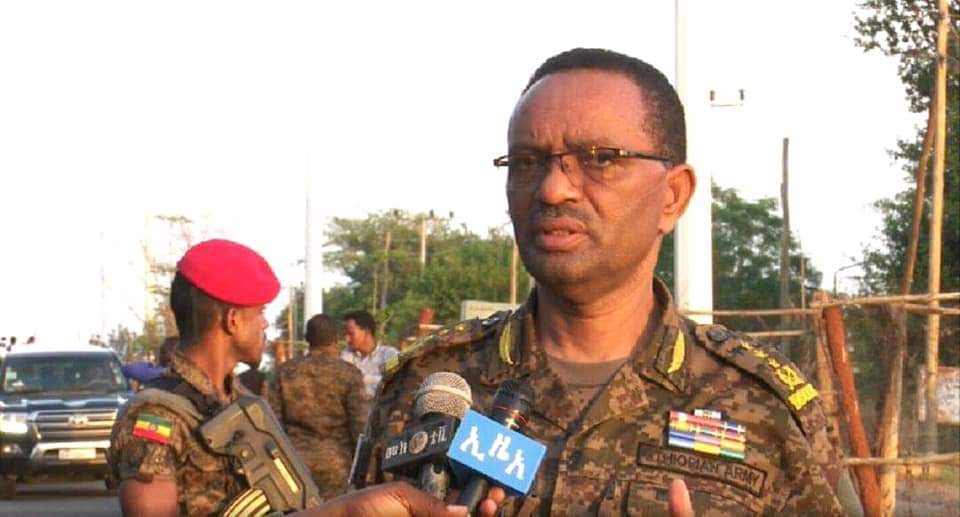
By Taban Henry
The South Sudan peace monitoring body, the Ceasefire & Transitional Security Arrangements Monitoring & Verification Mechanism has warned that the ceasefire is nearing collapse and parties continue to engage in confrontations.
This was revealed in a meeting convened by CTSAMVM during its monthly sitting of the technical committee meeting in Juba to discuss the implementation of the ceasefire agreement in the Republic of South Sudan.
Speaking in the opening remark, Lt. Gen. Asrat Denero Amad the newly appointed CTSAMVM chairman said that the current ceasefire in the country is under pressure and there is hope of collapsing adding that the ceasefire is apparently being undermined.
“There has been fighting in the parts of Torkech, Upper Nile State between alleged SSPDF forces aligned with the Kit-Gwang forces,” the CTSAMVM chairman noted.
Denero added that there have been clashes in Upper Nile between SPLM/A –IO forces and armed youth at Turu, SPLM/A-IO alleged that the SSPDF forces of Maj. Gen. Ochan were fighting at Mirmir.
He called on the members who are part of the committee to be keen to address matters impeding the implementation of the R-ARCSS.
Since the signing of the peace agreement, parties have been involved in clashes and break away of the Kit-Gwang faction from the main opposition party under the First Vice President Dr. Riek Machar Teny.
According to the Reconstituted Joint Monitoring and Evaluation Commission, the failure to address the transitional security arrangement may have contributed to the inter-communal conflict in some parts of the country.
There have been clashes in Western Equatoria State and the defection of the former chief of staff of the SPLA-IO resulting to the conflict in Magenis.
The report also identifies that the key challenges that hinders the progress of yhe peace implementation include insufficient fund, trust deficit and lack of confidence among the parties including intra-party disagreement.



